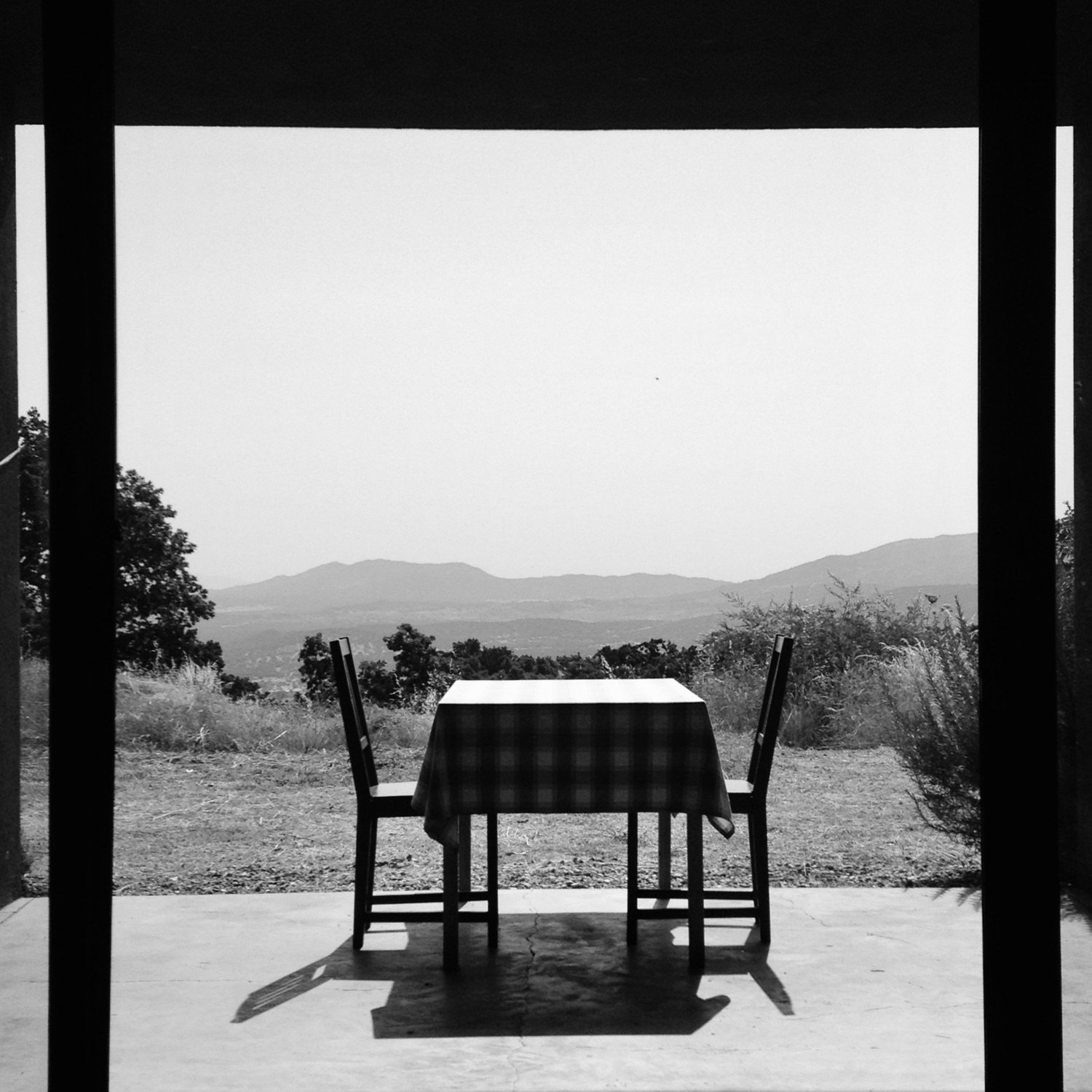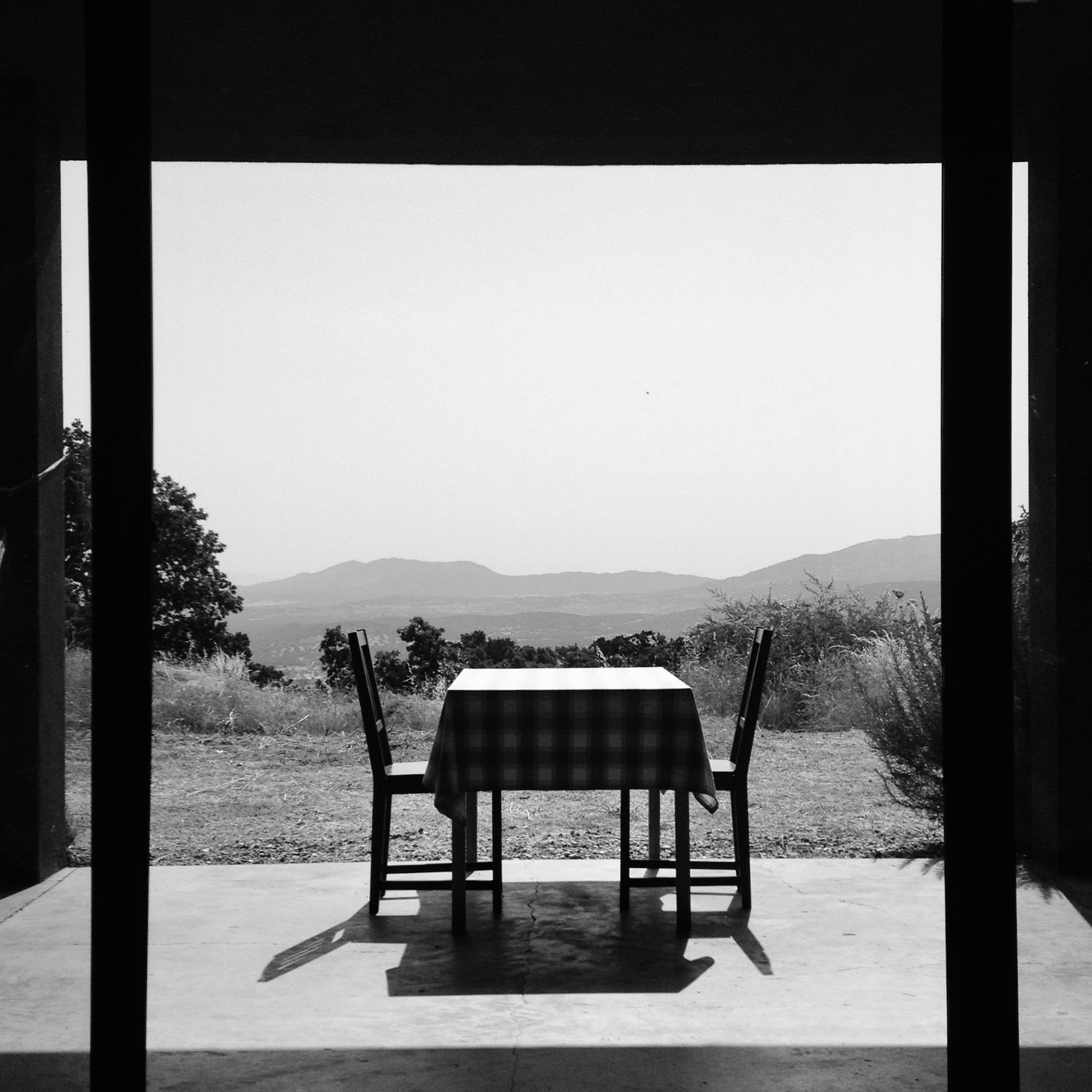God’s way of teaching…
18 February 2023
This first blog entry was published in BANKER & TRADESMAN on August 11, 2008 in the depths of the recession at that time. It’s still quite relevant in 2023 - an honest, municipal, non-Ponzi scheme that actually benefitted the community. Actually it was so successful that the Austrian government had to shut it down.
If, as Ambrose Bierce so caustically put it, “war is God’s way of teaching Americans geography” so this recession must be His way of teaching us history and economics.
One historical vignette worth noting is the experiment in Wörgl, Austria (population 4,500) in 1932. Facing a budget deficit and unemployment of over 30%, the Mayor of Wörgl diagnosed slow money flow as the principal cause of the stagnant economy. His remedy was to introduce municipal scrip in lieu of the national currency.
Using its reserves as collateral, the town issued 32,000 schillings of “Wörgl Money Bills” starting the ball rolling by issuing tax bills simultaneously with the launch of the new currency. Within the week all the taxes had been paid enabling the town to put people to work on public works projects. Increased money velocity was encouraged with a one percent per month ‘demurrage’ on the bill, validated by a stamp - a shrewd set up for using it or losing it. Over the 13-month period that this experiment lasted, Wörgl money financed new houses, a reservoir, a ski jump and a bridge.
There is a lesson here for bold experimentation in bad times. Right now, on a national scale, all the noise in the media could be interpreted as the necessary – and welcome – grinding of gears as we move from the free market paradigm of the last thirty years into a new phase of social prosperity, a transition from the single bottom line in which money is king to the ‘triple bottom line’ which engages social, environmental and financial measures in equal part, a synthesis of People, Planet and Profit.
“Nice idea but does it work?” is the skeptic’s cry. Arup is one of the largest consulting engineering firms in the world with offices all over the globe, including Cambridge. They are widely recognized as leaders in the field (from the Sydney Opera house to Beijing’s Bird’s Nest stadium) and are financially very successful. But it is not only their technical and business acumen for which they are admired, it is also their corporate philosophy handed down to them by their founder, Sir Ove Arup. In place of pursuing “the things you fancy without restraints,” Arup posed an alternative model which “recognize[s] that our lives are inextricably mixed up with those of our fellow human beings, and that there can be no real happiness in isolation.” It is no accident that the firm is also a world leader in environmental engineering.
London-based Rogers Stirk Harbour Architects received the Pritzker Prize in 2007, the profession’s highest accolade. While critics each chose their own favorite works for citation (e.g. the Centre Pompidou in Paris, Barajas Airport in Madrid) what everyone remarked on was that this wildly successful superstar firm has a constitution that sets the salary of the highest paid at no more than 6 times that of the lowest paid designer; and amongst other things “avoids work for military projects, prisons or arms manufacturers”.
Locally, Paul Levy, president of Beth Israel Deaconess hospital, recently set an example of leadership that placed his people in the center of the financial challenge his organization faces in these difficult times. In so doing, he allayed fear, reduced the number of layoffs he would have to make and enhanced immeasurably the reputation of a hospital already held in high esteem.
As we ponder the demise of great American corporations, these firms give us a glimpse of future promise. The new leadership in Washington is embracing the triple bottom line as a template for the nation. We can join them in this enterprise or contemplate our place in the dustbin of history.

